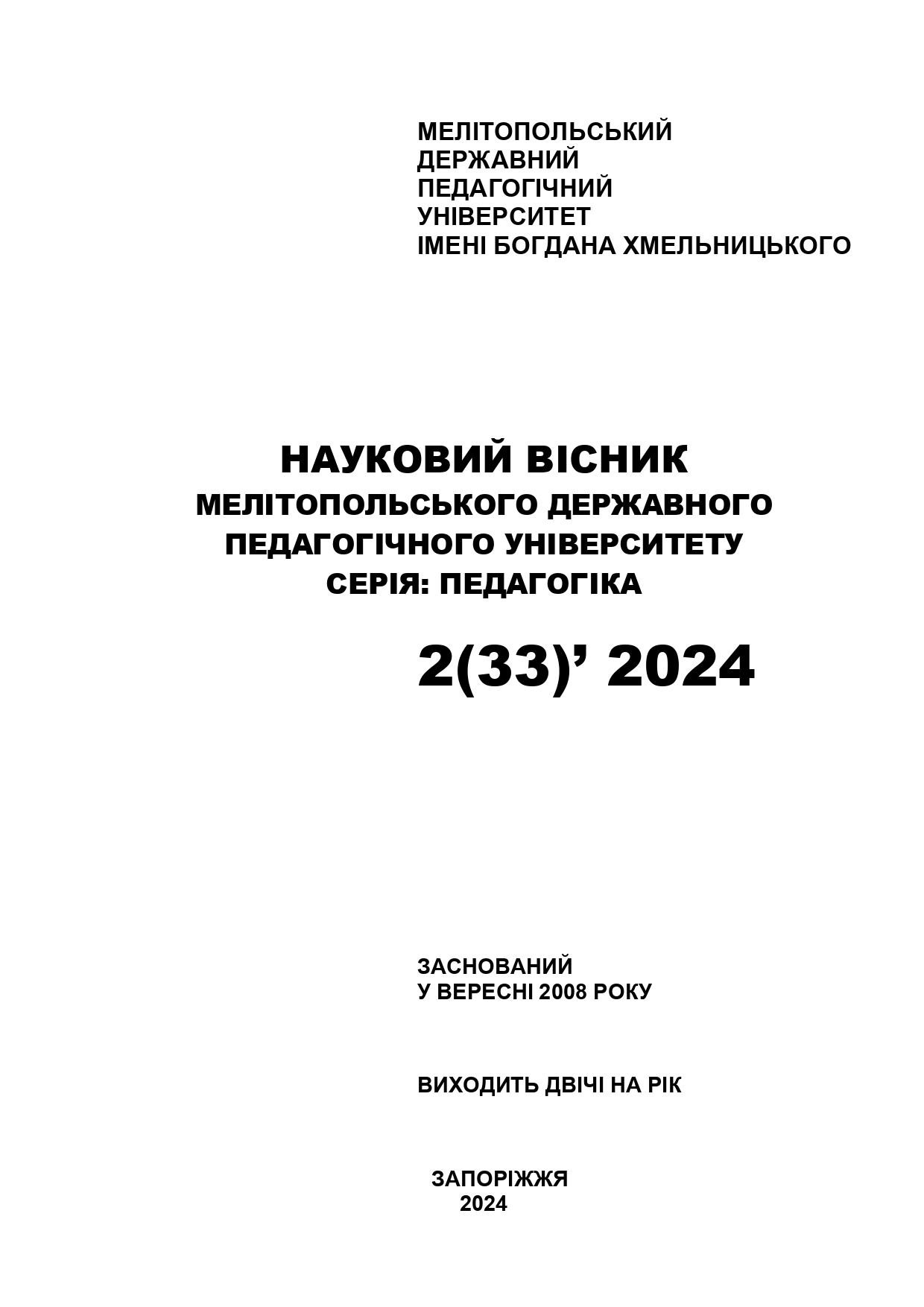Moral values as the basis for developing ethical leadership in the educational environment
Abstract
The modern educational environment requires ethical leaders who can not only effectively manage education institutions but also shape value orientations for youth upbringing. Ethical leadership is a crucial factor in increasing trust between teachers and students, fostering a healthy moral climate, and ensuring fairness in decision-making processes. However, in the context of globalization and sociocultural changes, a crisis of moral guidelines complicates the development of ethical leadership. An analysis of recent studies in Ukraine and abroad confirms the fundamental role of moral values in the formation of ethical leadership. This article examines the main approaches to studying morality and ethical leadership, including philosophical, psychological, sociological, and pedagogical perspectives. Special attention is given to ethical leadership concepts such as transformational, servant, and values-based leadership. The key moral values that should be integrated into the educational leadership training system – honesty, fairness, responsibility, humanism, professional ethics, and social responsibility – are identified. Practical approaches to fostering ethical leadership are proposed, including interactive teaching methods, mentorship programs, the development of ethical codes, the introduction of ethical leadership courses, the establishment of professional communities, and ethical training programs for educational administrators. The key challenges associated with implementing ethical standards in education management are outlined, including insufficient regulatory frameworks, a lack of motivation for moral self-development, and the absence of unified standards for assessing ethical competence among education leaders. The article also highlights future research directions, such as enhancing the practical training of future leaders, expanding international cooperation, developing a national strategy for ethical leadership in education, and implementing digital tools for assessing the moral competencies.




